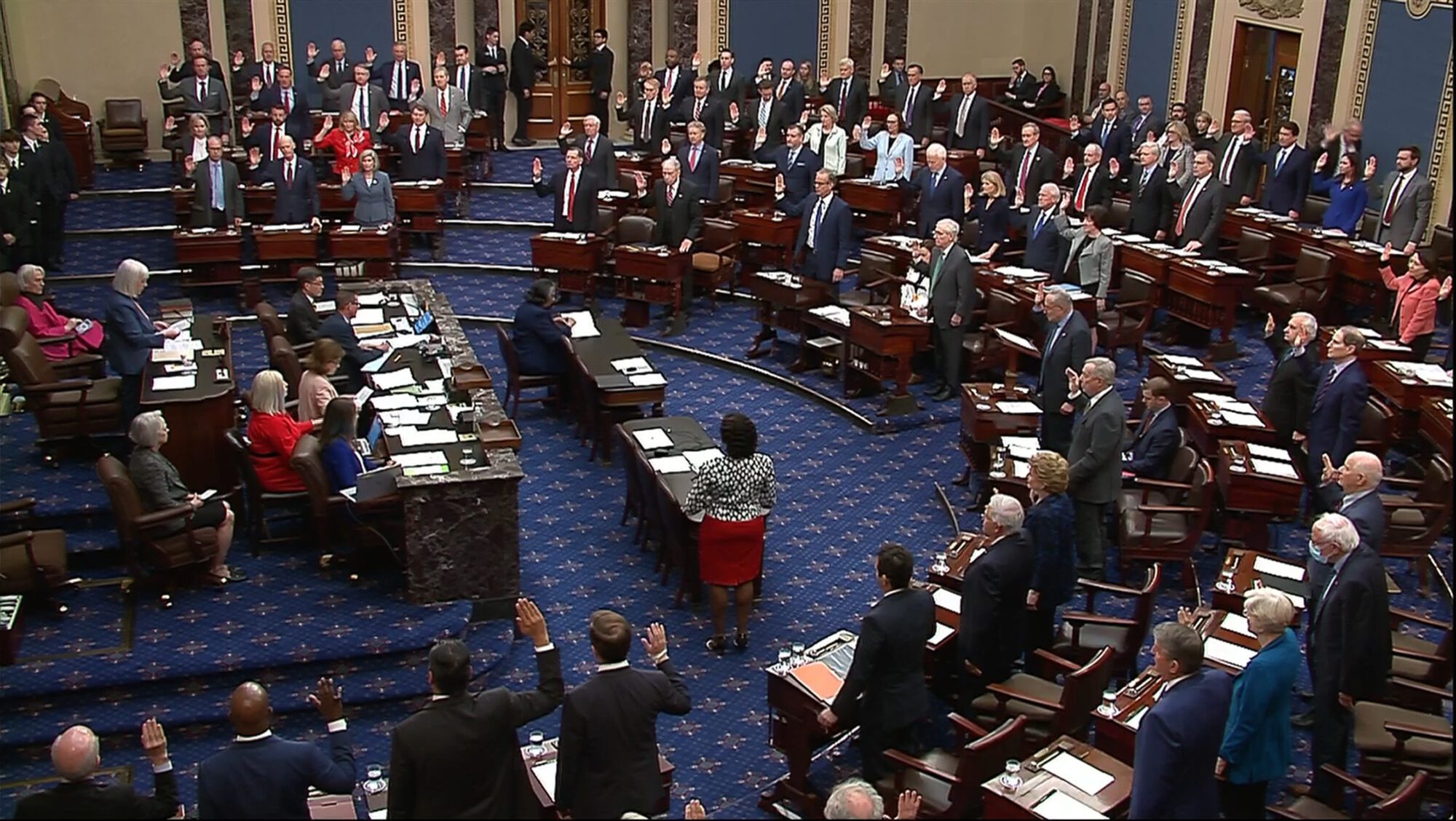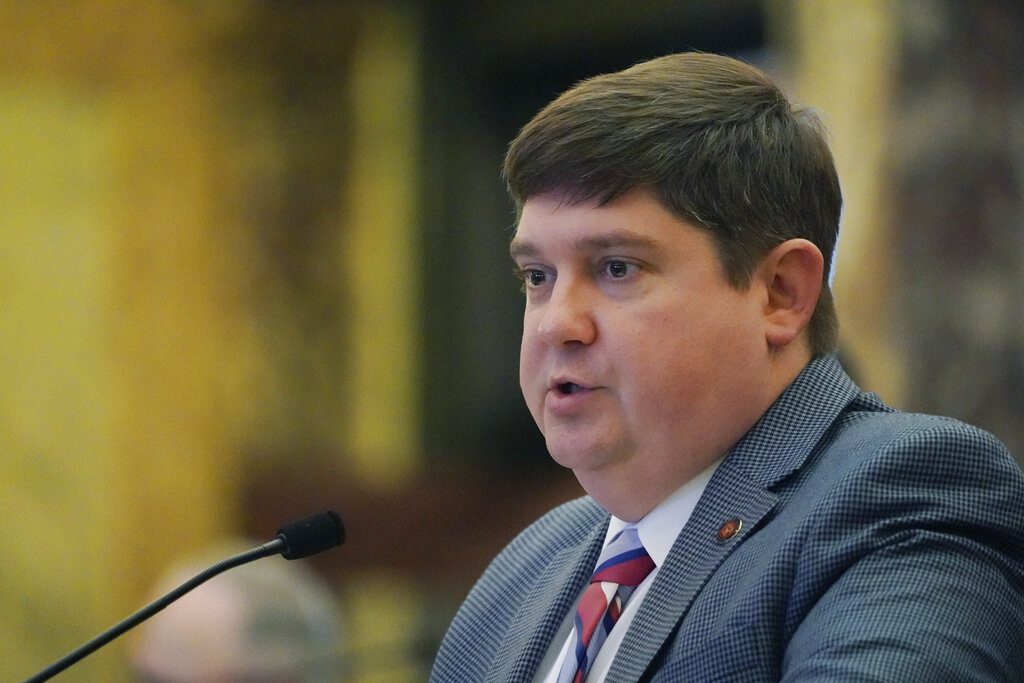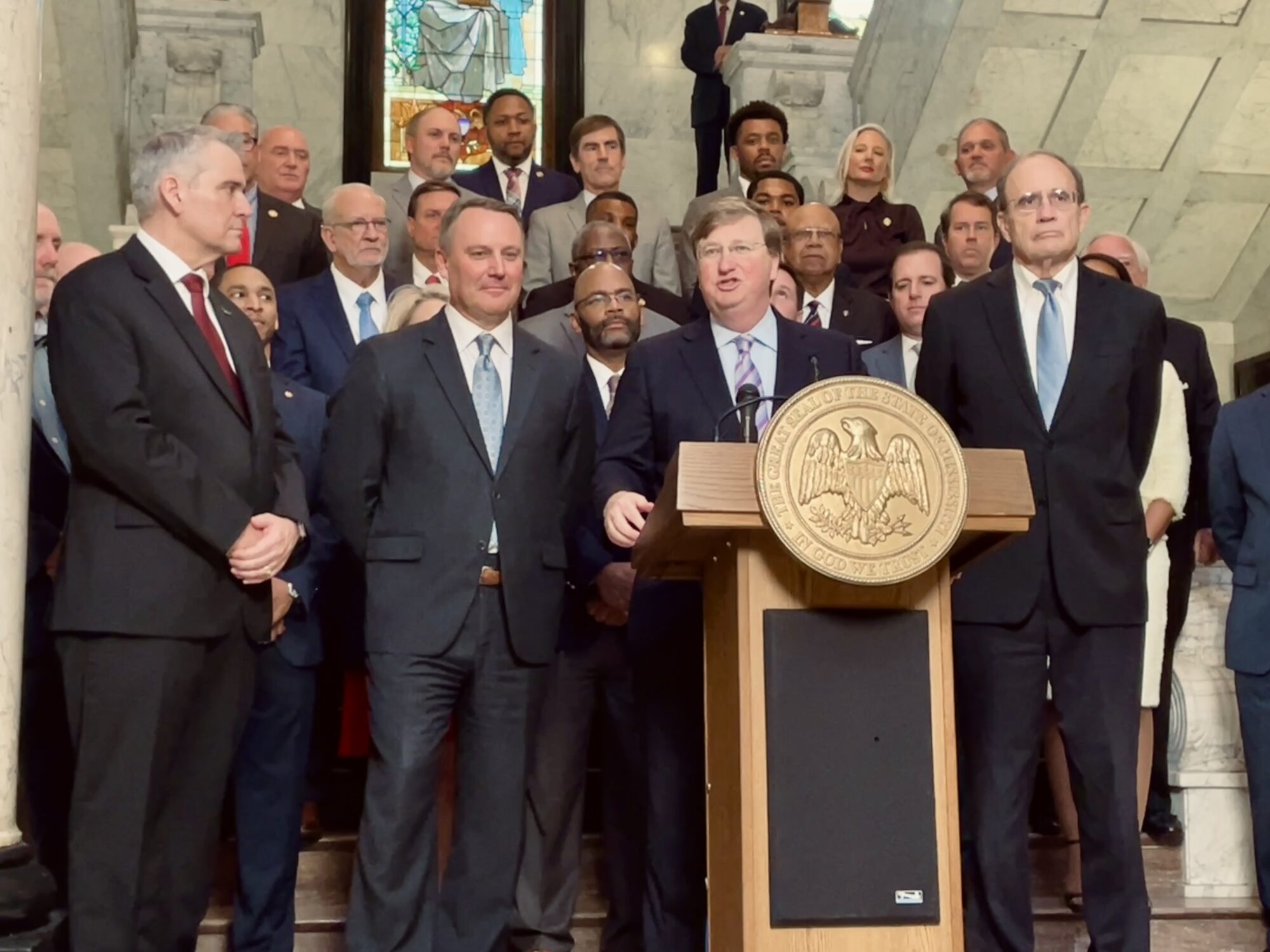RELEASE:
SENATE BILL WOULD INCREASE PELL GRANT AWARDS FOR MISSISSIPPI STUDENTS
Appropriations Chairman Praises Committee Passage of Bill that Invests in Education, Job Training and Rural Health Programs
WASHINGTON, D.C. – U.S. Senator Thad Cochran (R-Miss.), chairman of the Senate Appropriations Committee, today praised approval of legislation to fund year-round Pell Grants and make investments in health and education programs that benefit Mississippi.
The committee on Thursday approved the FY2017 Labor, Health and Human Services, Education (Labor-HHS) Appropriations Bill. The measure includes provisions that could benefit the approximately 90,000 students in Mississippi who rely on federal Pell Grants to finance their undergraduate education. An estimated one million students nationwide are expected to benefit from the committee’s action to restore year-round Pell Grant eligibility.
“Access to year-round Pell Grant funds can help thousands of students in Mississippi complete undergraduate studies,” said Cochran, who is a senior member of the Labor-HHS subcommittee. “I’m pleased that the committee has embraced the expansion of Pell Grant eligibility, which can help create a more skilled workforce.”
Under current law, full-time students and some part-time students exhaust their Pell Grant awards after two semesters, often making summer studies unaffordable. This can slow progress toward graduation and increase student debt. The Senate bill provides funding sufficient to support an additional Pell Grant award of, on average, $1,650 during the 2017-18 school year.
In Mississippi, about 50 percent of students enrolled in two- and four-year post-secondary schools receive Pell Grants. In recent years, undergraduate students in Mississippi received almost $300 million annually in Pell Grant awards.
In addition to the Pell Grant provisions, the Senate legislation also addresses programs like Job Corps, which operates centers in Mississippi. Cochran included language in the bill to encourage the U.S. Department of Labor to move forward expeditiously with reconstruction of the Gulfport Job Corps Center, which was badly damaged during Hurricane Katrina.
Overall, the FY2017 Labor-HHS Appropriations Bill is $270 million below the FY2016 funding level and $2 billion below the President’s budget request. It also includes 18 program eliminations, equating to more than $1 billion in spending reductions. The bill was approved by a 29 to 1 vote, making it available for consideration by the Senate.
Other items of interest to Mississippi in the FY2017 Labor-HHS Appropriations Bill include:
Job Corps: $1.7 billion is provided for Job Corps centers, a $20.8 million increase from FY2016. Mississippi has Job Corps centers in Batesville, Gulfport, and Crystal Springs. The legislation also urges the Department of Labor to move forward expeditiously with reconstruction of the Gulfport Job Corps Center, which was badly damaged during Hurricane Katrina.
YouthBuild: $84.5 million is provided for YouthBuild, a program providing education and job training to unemployed teens and young adults. Mississippi has YouthBuild programs in Gulfport, Jackson, and Greenville.
H-2B Foreign Labor Certifications: The bill provides additional resources for the prompt processing of foreign labor certifications. It also blocks the most controversial portions of the Department of Labor’s new H-2B visa program and wage regulations as requested by employer stakeholders. The H-2B program helps meet the need for temporary nonagricultural jobs in seafood processing, construction, forestry, hospitality, construction, and other industries.
Occupational Safety and Health Administration (OSHA) Enforcement Related to Fertilizer Handling: Report language included to prohibit OSHA from imposing new and costly enforcement regimes on stakeholders, including application of process safety management standards regarding handling of farm fertilizers. This provision would benefit the Mississippi agricultural community.
Aquaculture Report on Antimicrobial Usage and Risks: Report language directing the Secretary of the Department of Health and Human Services, in coordination with relevant federal agencies, to submit a report to Congress on the current risks of unapproved substances used in foreign imported aquaculture and an updated assessment of the human health impacts associated with these risks.
Delta States Rural Development Network: $12 million, an increase of $2 million, is provided for the Delta States Rural Development Network, which funds organizations in the eight Delta States (Mississippi, Alabama, Arkansas, Tennessee, Louisiana, Kentucky, Missouri, and Illinois) to address unmet local health care needs and prevalent health disparities through the development of new and innovative projects in rural Delta communities.
National Institutes of Health (NIH): The bill increases overall NIH funding and includes $333.4 million for the Institutional Development Award (IDeA) Program, an increase of $12.5 million above FY2016. IDeA supports biomedical research infrastructure and personnel in states that historically have had limited access to federal research grants. Mississippi is among 23 states and Puerto Rico currently eligible for IDeA grant awards.
317 Immunization: $610.8 million, level with FY2016. The president’s budget proposed deep cuts to this program, which funds childhood immunization at county health departments in Mississippi.
Mississippi Delta Health Collaborative: The bill includes report language to build on past success and broaden this initiative for chronic disease prevention in the Mississippi Delta.
Preventive Health Services Block Grant: $160 million, level with FY2016. The president’s budget proposed elimination of this program, which supports water fluoridation in Mississippi.
High Obesity Counties: $10 million for anti-obesity grants in counties with an obesity prevalence of over 40 percent.
Strengthening Master’s Degree Programs at Historically Black Colleges and Universities: $9.5 million is included to support graduate education opportunities at the masters level in science, technology, engineering and mathematics. Alcorn State University and Mississippi Valley State University stand to benefit from this increase in funding.
Title I Grants to Local Education Agencies: $15.4 billion, a $500 million increase above FY2016, including consolidation of the School Improvement Grants program. Title I provides basic and flexible funding to low-income school districts that allows states, local school districts, and schools to decide how to best use limited resources to improve student outcomes.
Corporation for National and Community Service:
• National Civilian Community Corps (NCCC): $30 million, level with FY2016. A NCCC campus is located in Vicksburg.
• State Commissions: $17 million, $1 million increase from FY2016 level. Report language included a $7.5 million statutory set-aside to benefit State Commissions, such as Mississippi, and increase the capacity of local current and potential AmeriCorps programs in underserved areas.
Institute for Museum and Library Services: $231 million, an increase of $1 million from FY2016. A $314,000 increase was included for the Library Services Technology Act Grants to States account. The Mississippi Library Commission stands to benefit from this increase in funding.
6/9/16






